Books
Jorn Lier Horst on Henning Mankell
Translated from Norwegian by Anne Bruce
Authors are often asked questions about favourite books or which other authors have had the most significance and impact on their own authorship. For me, the answer is clear: Henning Mankell and his first book about Kurt Wallander.
My first encounter with Inspector Kurt Wallander took place in 1993, more than twenty-five years ago.
I had enrolled in Police College and was halfway through my first year of study when my mother sent me a solid package that turned out to be a book with the title Faceless Killers. The writer’s name was Henning Mankell. I could tell from the pages of the book that she had read it herself before sending it on – and she had enclosed a card with the following recommendation: You‘re going to become a police officer – read this!
I did as she told me, of course. And afterwards my thoughts were – a policeman like Kurt Wallander, well, that’s the kind of policeman I want to be.
That means: not a disillusioned, sometimes bitter, quarrelsome, divorced and overweight investigator with an unhealthy lifestyle, but a detective with a conscience, with integrity and humanity, and a belief that he can contribute to the creation of a better world – in short, a police officer who can make a difference.
And so it was Kurt Wallander who marked out my career route in the police force, all the way to the role I had for a number of years as chief inspector in charge of serious crime investigations.
My fascination with Kurt Wallander increased over the course of several books, as I grew familiar with the character of an upright, sound policeman, but above all a good-hearted and sincere human being. A strong-willed police officer who was both caring and concerned, but not egotistical in the least.
I got to know this complex character as an honourable investigator with an unusually well-developed social conscience and a genuine commitment to his fellow man. An experienced policeman familiar with the darkness within the human soul, who lived in a changing society, in challenging times, and who did his best to fight against the flood of criminality pouring over us.
Kurt Wallander is no hard-boiled detective. Although he takes danger in his stride, he also has a paralyzing awareness of being faced with more than he can handle.
He solves his cases through meticulous and what is often called ‘traditional’ police work, trying to shed light on them from various aspects, attempting to pin down connections and relationships, but he also has an unusually keen capacity for intuition. By listening to his inner voice, he is able to pick up threads he had initially overlooked – a response, an image, or an insignificant detail that has attached itself to his subconscious. He latches on to the expected inconsistencies and irregularities that may not have anything to do with the case, but may all the same lead to something significant and become decisive.
In this way, Wallander has taught me a great deal about police work and criminal investigation. To be more specific, about how everything has more to do with social skills and interpersonal relationships rather than advanced psychology, learned techniques and textbook methods.
In other words, Wallander has taught us that police work is not an exact science. And ever since that first encounter twenty years ago, I have shared the same principles as him, the same strong motivation and in fact, the eternal belief in eventual success. In the case of Wallander, that has always been greater than the fear of failure. This makes Wallander into a fearless police officer, a man with the courage of his convictions. Respected not only by his colleagues, but also by the criminal fraternity.
But Mankell’s books about Kurt Wallander deal with far more than police work. When the old, dying woman in the first novel whispers the word ‘foreigner’, it is a key word not only for the investigation, but also for the writer’s entire project.
The books are Scandinavian crime novels in the widest interpretation of the genre: police procedurals with overt political indignation, social concern and psychological interest. The books reflect the reality in which we live, a reality that is becoming increasingly brutal and more violent. Kurt Wallander the police inspector becomes a mirror image of how these negative developments affect us all. He is the tool the author uses when he wants to express his own reactions to events that provide fertile ground for the new right-wing populism. He homes in on racism, the rising tide of crime and violence, growing unemployment and social insecurity.
The Wallander series is a formidable five-finger-exercise in the minor key. Through ten books, Mankell sustains the notes in a language as simple and melancholy as the message conveyed in the narrative. It is a long requiem mass for Sweden.
How many of Henning Mankell’s Kurt Wallander books have you read? Let us know in the comments below!
Find out more about Jorn Lier Horst’s series character, Chief Inspector William Wisting, here.
3 Comments
Join the discussion
Please note: Moderation is enabled and may delay your comment being posted. There is no need to resubmit your comment. By posting a comment you are agreeing to the website Terms of Use.
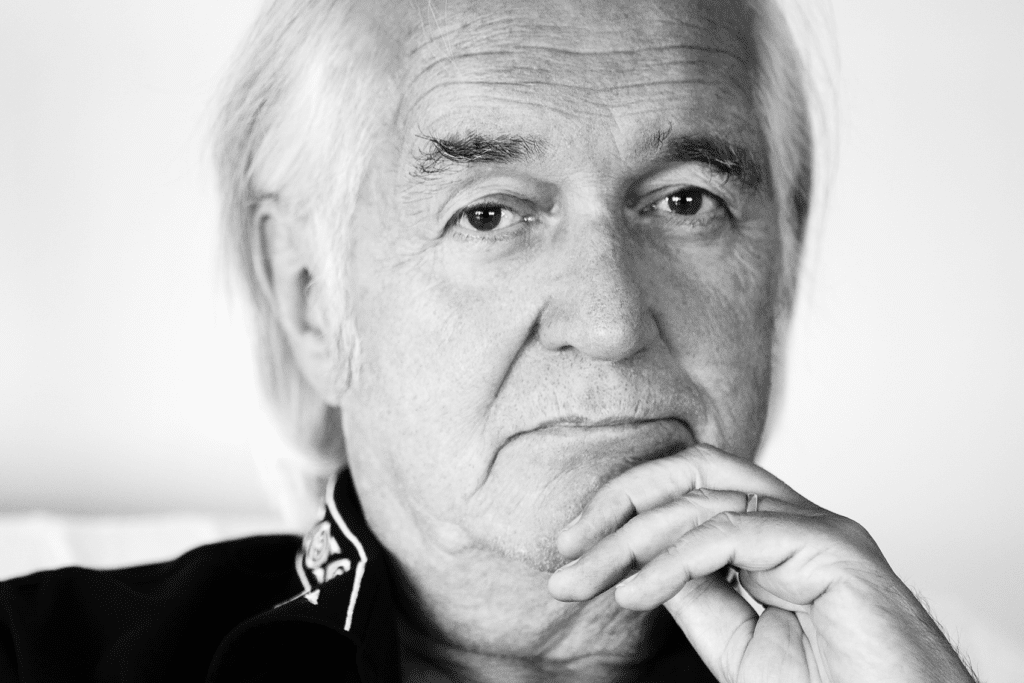

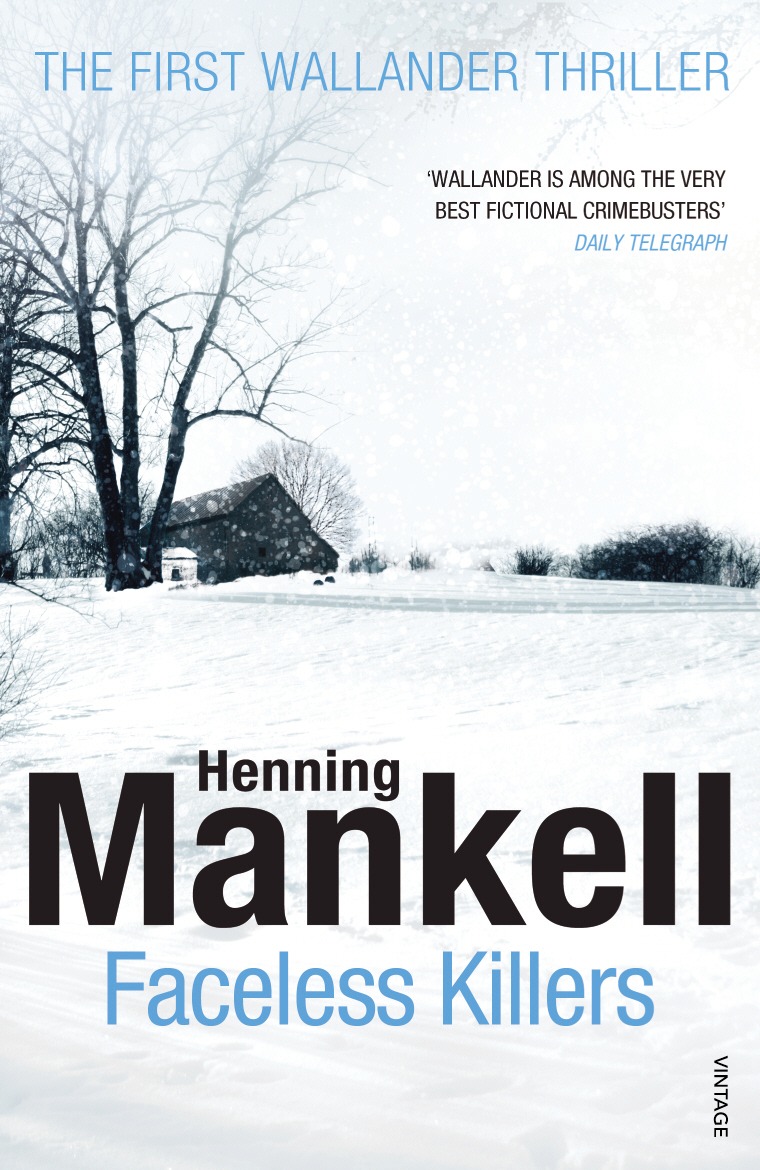
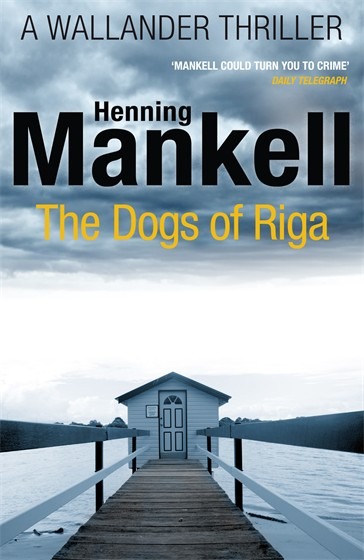
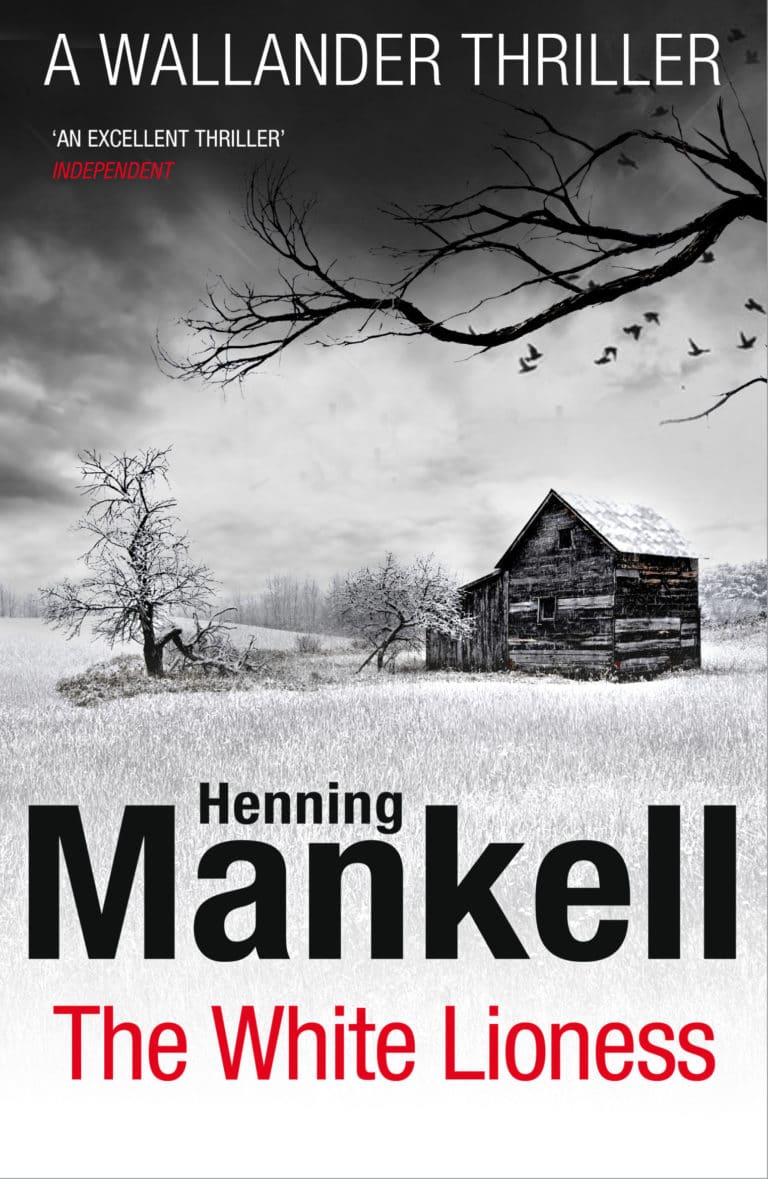
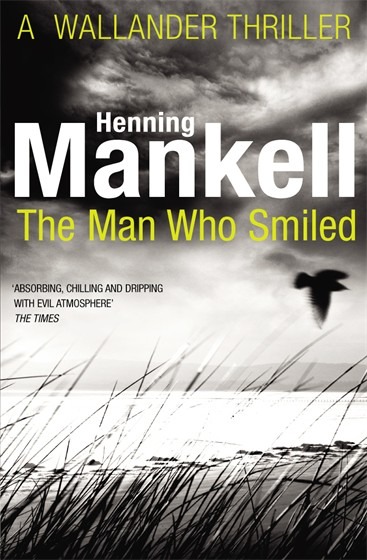
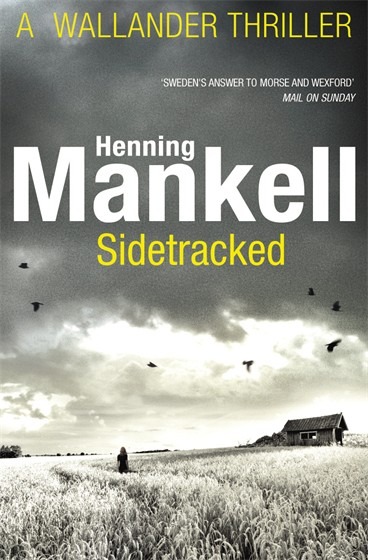
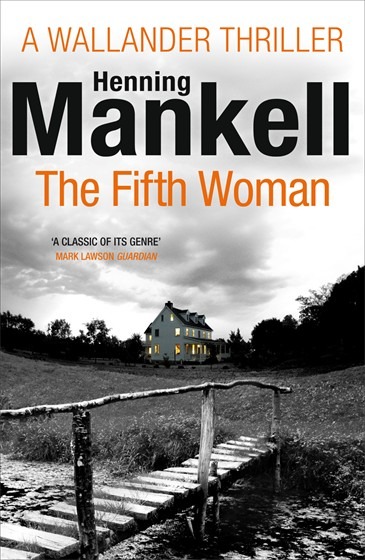
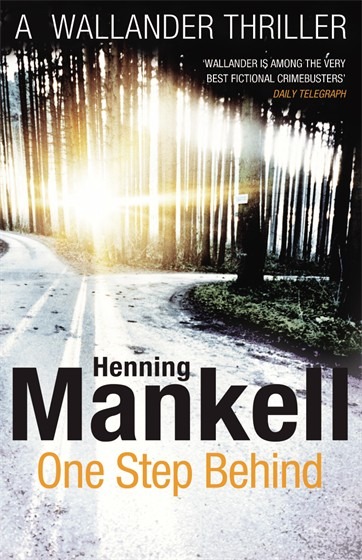
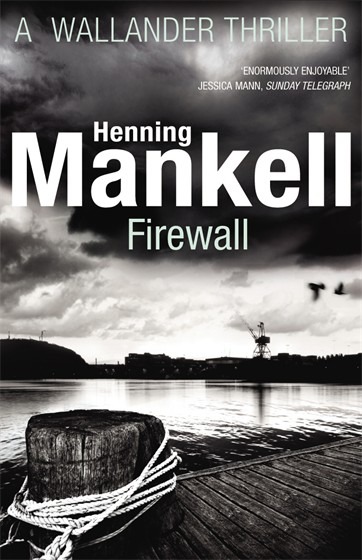
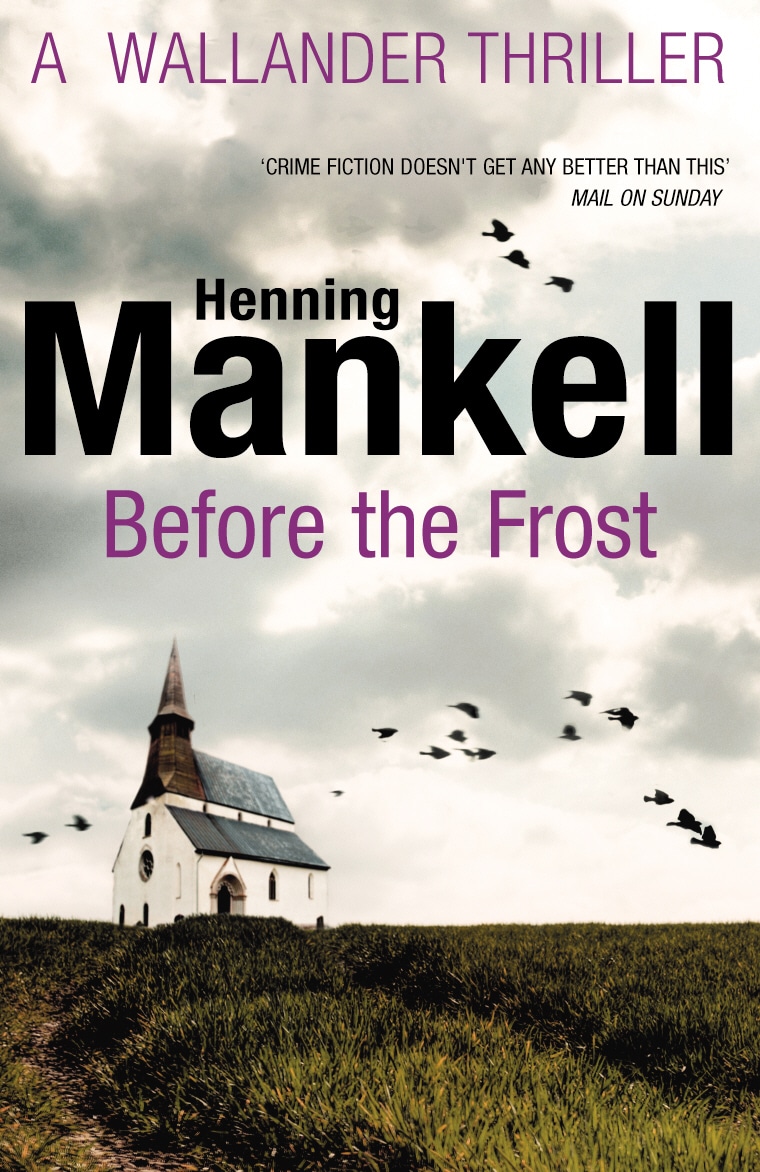
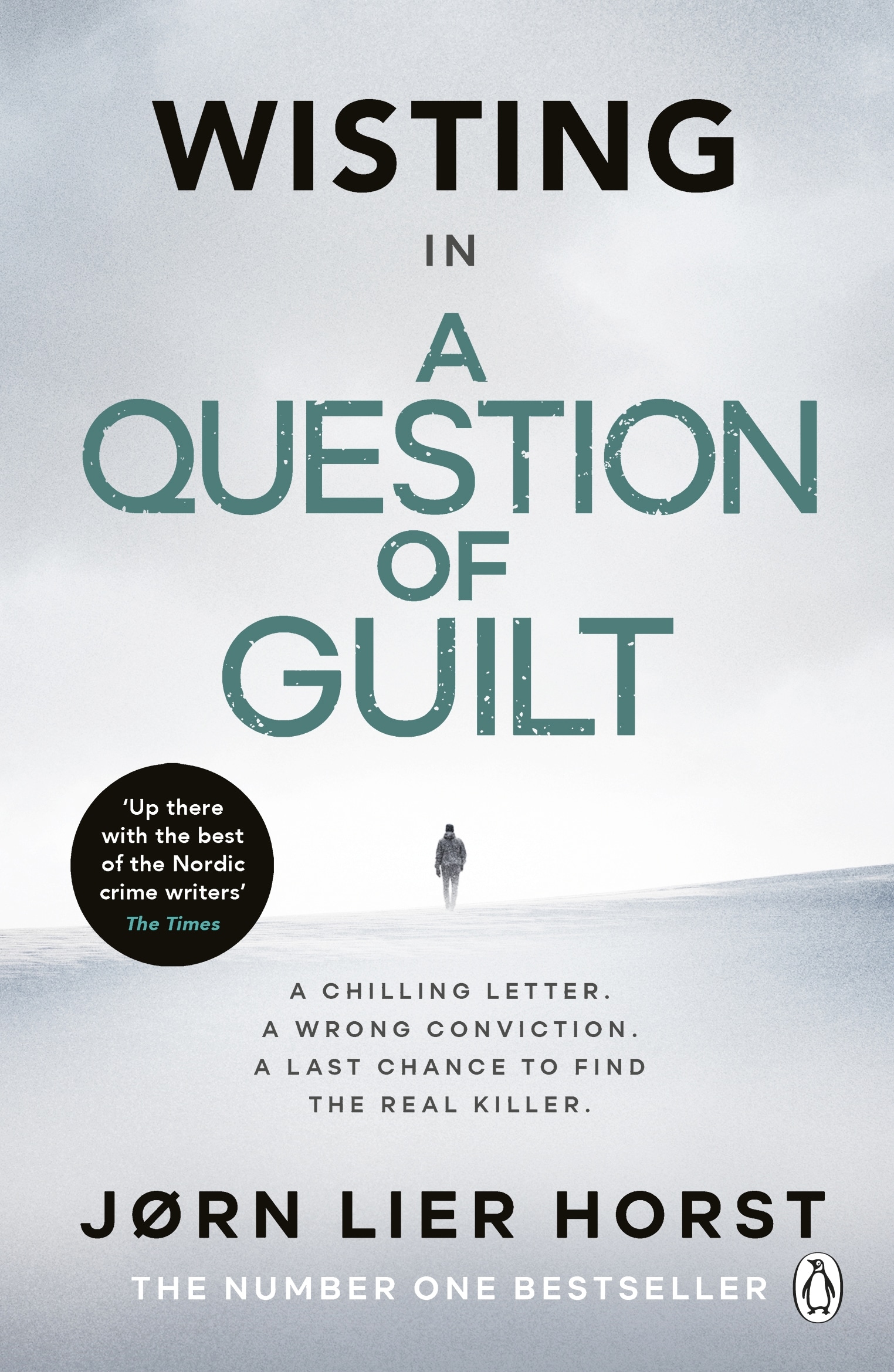

I also have read all the Wallander novels and miss him too. I see similarities between Wallander and John Rebus, Ian Rankin’s detective, in their approach to their work, their awareness of their social, cultural and political surroundings and in the humanity which they bring to the investigative work. Wallander’s demise was so shocking and sad though….
This is a wonderful and inspiring article about the connection between literature and life, the use of Detective Kurt Wallander as a model for fair and honest police work. I love Wallander and since reading my first book in Swedish “Faceless Killers” have been a stalwart fan of Henning Mankell, not only as a writer but as a humanitarian. I’ve read nearly all of the Wallander books and am now reading his book of essays “Quicksand.” I live in Sweden and am a member of the dramatikerförbund. As such I’ve been to the Henning Mankell Gård outside of Sveg where he grew up. It’s been a great experience for an American. Sorry we lost this great man so early.
I have read all of Henning Mankell’s books and miss him sorely.